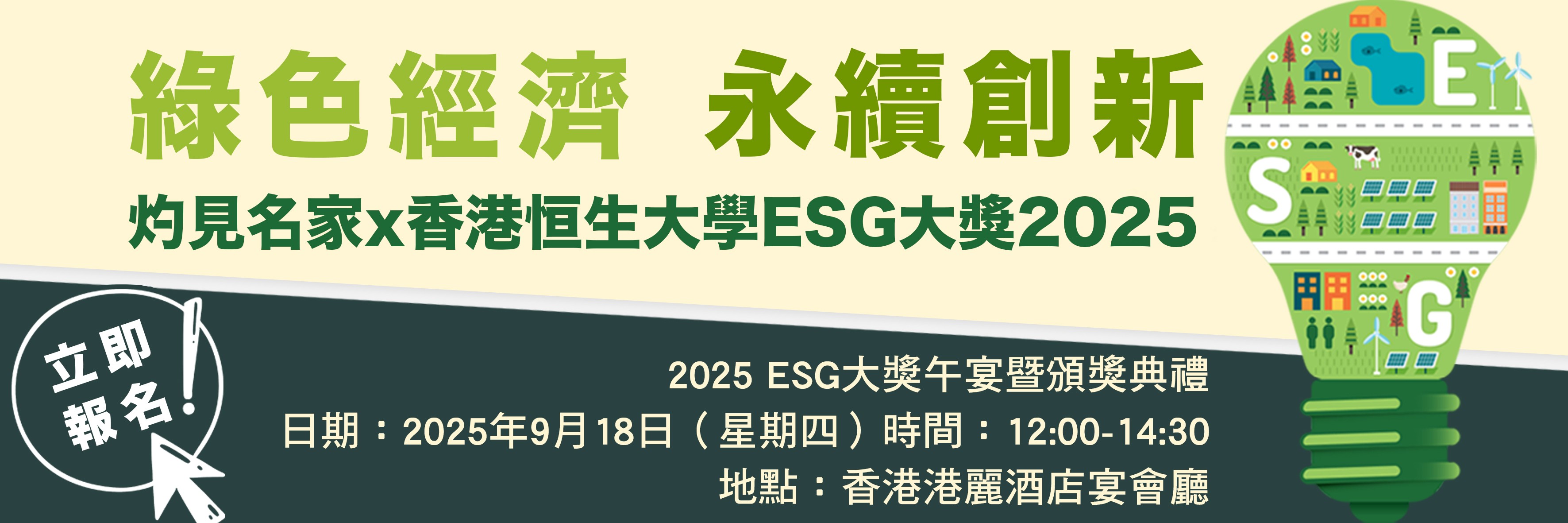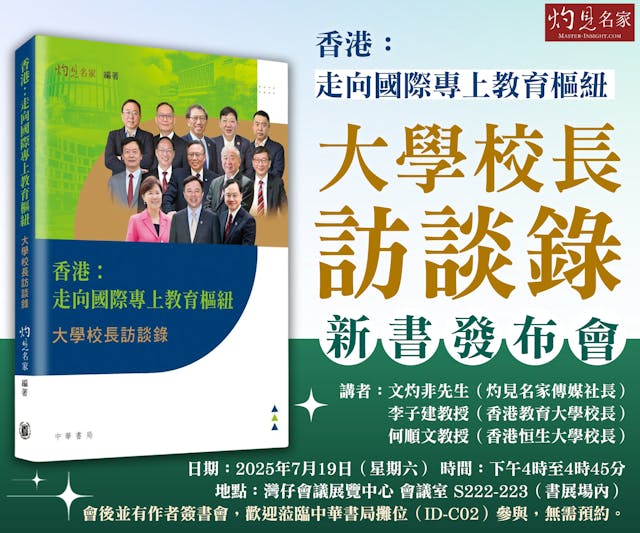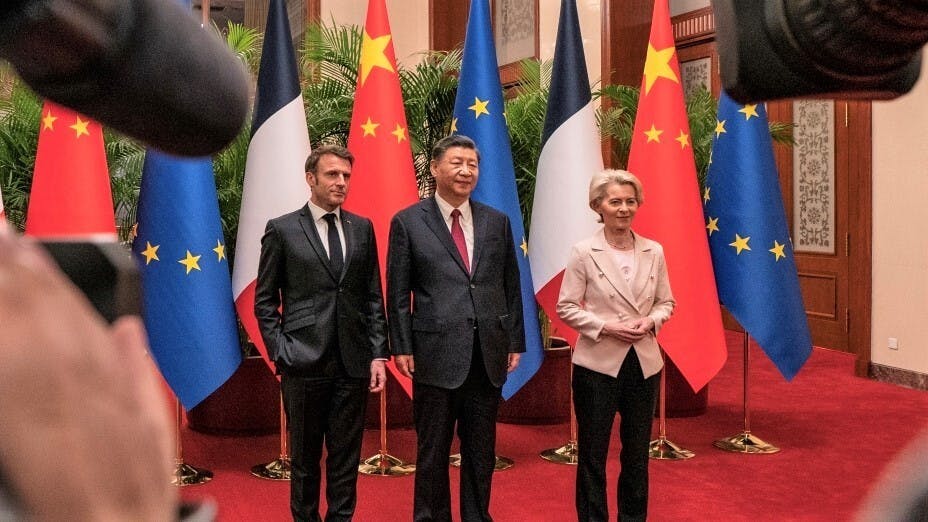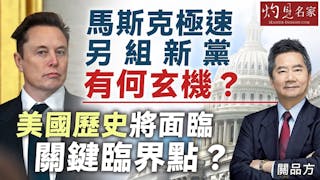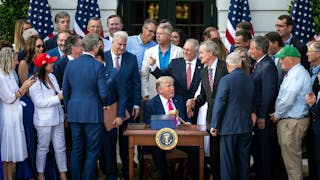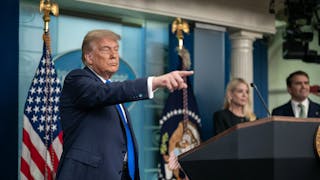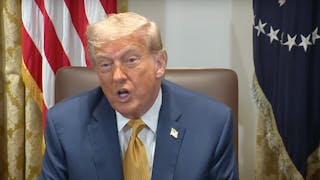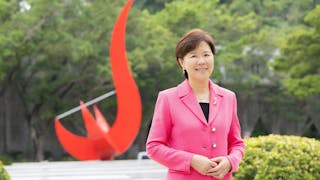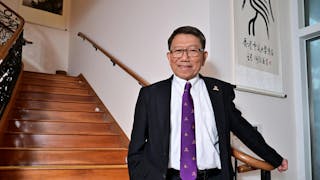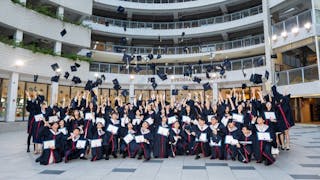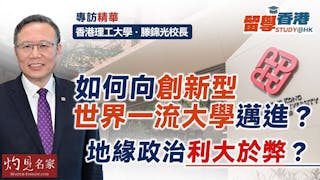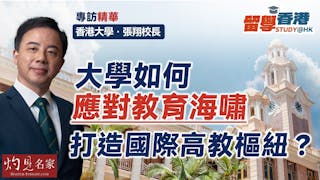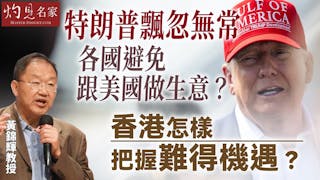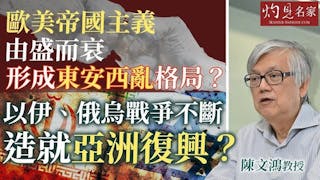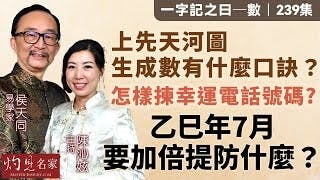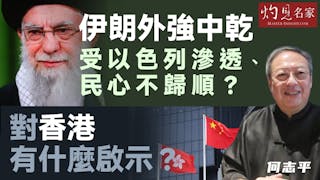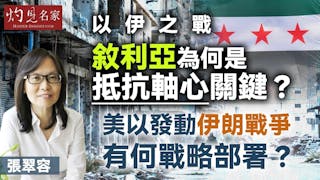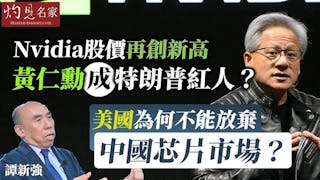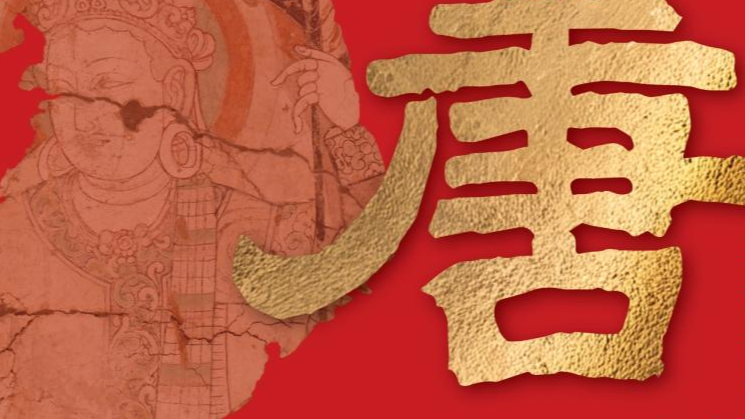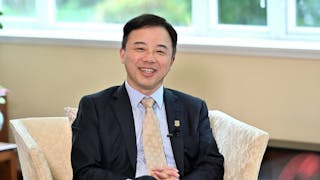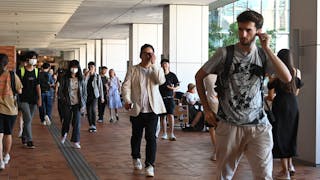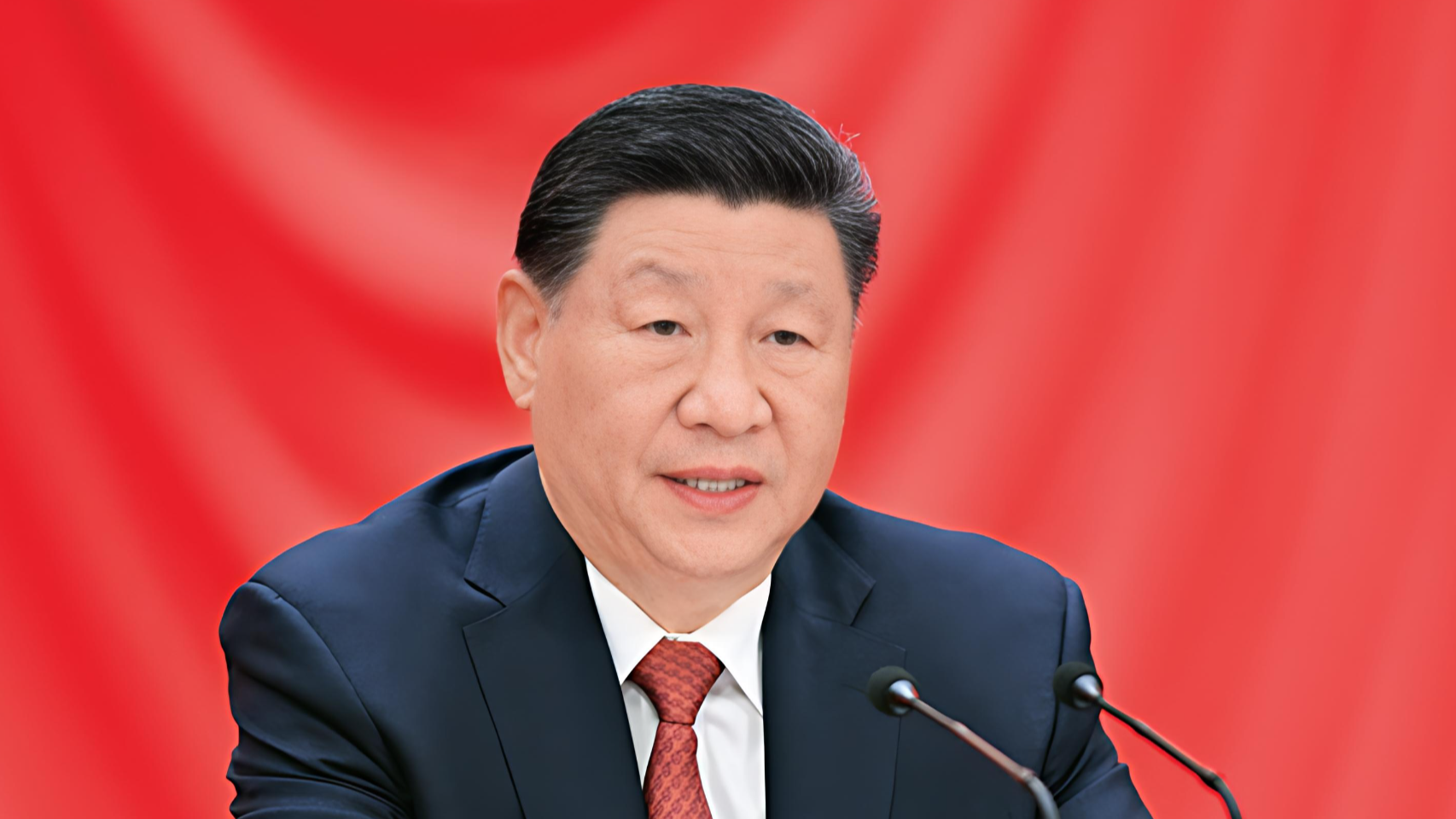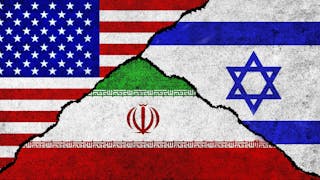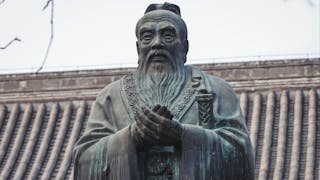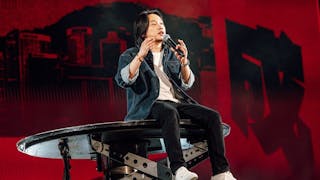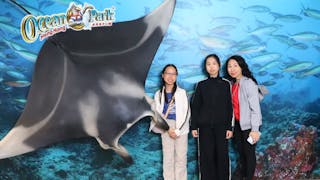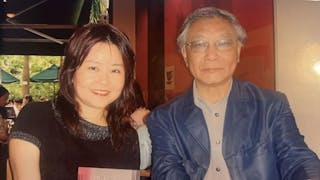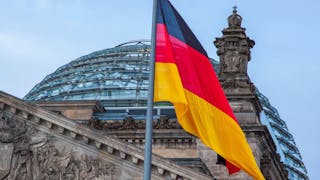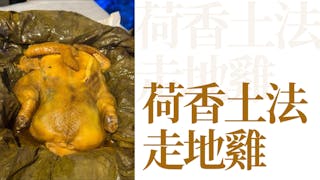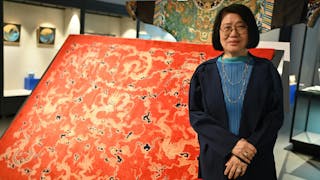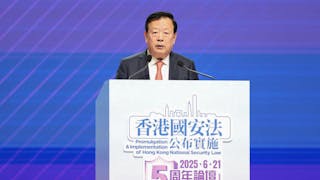過去一周見證了中國強勢外交的全力推進。中國國家主席習近平會見了歐盟委員會主席馮德萊恩、法國總統馬克龍和巴西總統盧拉;外交部長秦剛則會見了德國外長貝爾博克。
中國視歐盟為戰略力量
4月6日,習近平在人民大會堂會見馮德萊恩,表示中國視歐盟為國際政治中的戰略力量,願與歐盟共同努力,加強戰略互信與合作,減少誤解,促進中歐關係發展。
習近平表示,中國反對軍事侵略和霸權──這句話暗示中國在俄烏衝突上相對中立的立場,儘管批評人士指北京的立場一直「偏向」俄羅斯。
馮德萊恩在會談中強調,她支持烏克蘭總統澤倫斯基的和平計劃,歡迎中國解決俄烏戰爭的原則,特別是核安全和降低風險的呼籲。她呼籲中國不要直接或間接向俄羅斯提供任何軍事裝備。
習近平則回應,他願意在時機成熟時與澤連斯基通話。
關於台灣問題,習近平強調,這是中國核心利益中的核心,中國人民不會容忍任何人「在一個中國問題上做文章」。 他補充說:「誰要是指望中國在台灣問題上妥協退讓,那是癡心妄想,只會搬起石頭砸自己的腳。」
馮德萊恩表示,歐盟無意改變長期以來的「一個中國」政策,希望台海保持和平穩定。她重申,歐盟無意改變長期奉行的「一個中國」政策,承認中華人民共和國政府是代表全中國的唯一合法政府,希望台海地區保持和平穩定。
中法保持戰略夥伴關係
4月6日,習近平還會見了法國總統馬克龍。習近平告訴馬克龍,對方是他在全國人大和政協「兩會」後接待的第一位歐洲國家元首。兩國元首一致認為,中法要保持穩定、互利、充滿活力的全面戰略夥伴關係,為中歐關係注入活力。
中法雙方簽署了航空航天、民用核能、可持續發展、科技創新、中法碳中和中心建設、人才互相培訓、增進在文化、教育語言、出版、旅遊、影視、青年、體育等方面進行人員交流等一系列合作協議。
地緣政治上,中法都支持世界多極化和國際關係民主化,反對冷戰思維和集團對抗,支持法方辦好聯合國2025年海洋大會,並歡迎法國出席第三屆「一帶一路」國際合作高峰論壇。
習近平還和馬克龍與馮德萊恩舉行了三方會晤。這位中國國家主席表示,中方從長遠角度看待中歐關係,中國支持歐盟戰略自主,中歐關係不針對、不依附、也不受制於第三方。言下之意,習近平傾向支持法國更加獨立的外交政策,並主張歐盟方面應更加「獨立」。
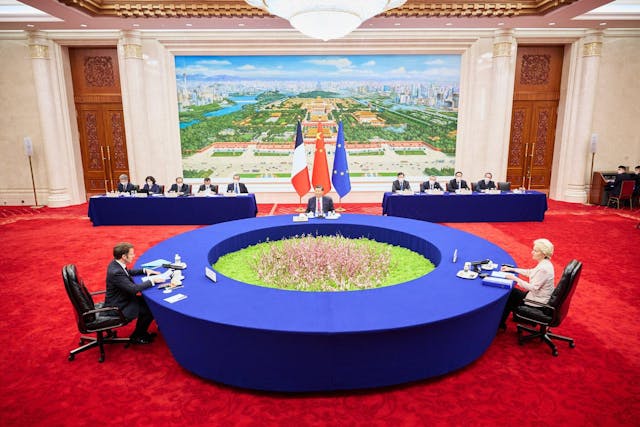
雙方願意合作 解決俄烏危機
習主席顯然覺得馬克龍的訪問具有重要意義。4月7日,他在廣州與馬克龍舉行非正式會晤。習近平表示,廣州是中國民主革命的策源地和新中國改革開放的排頭兵。他詳細闡述了中國式現代化,其中廣州在粵港澳大灣區發展中發揮了積極的作用──習近平在與馬克龍的非正式會晤後不久考察了廣東。
習近平與馬克龍非正式會談中最重要的話題是俄烏衝突。習近平表示,盡快停火止戰符合有關各方和整個世界利益,政治解決是唯一正確出路。因此,有關各方應相向而行,為政治解決創造有利環境。習近平還表示,中方歡迎法方就政治解決烏克蘭問題提出的具體建議。
對此,馬克龍表示,政治解決需要考慮各方合理關切,法方願同中方溝通合作,推動早日政治解決危機。
習近平與馬克龍在廣州的會晤,明顯具有重要的外交意義,兩國領導人同意探討尋求並達成政治解決的可能性,具體細節可能由雙方本着相互溝通與合作的原則敲定。
中巴聯合聲明 擺脫依賴美元
4月14日,習近平主席在北京同巴西總統盧拉舉行會談時指出,兩國分別是東西半球最大的發展中國家和重要新興市場國家,中巴發展雙邊關係有廣泛的共同利益。
雙方就如何深化戰略夥伴關係達成聯合聲明,包括共同探討如何加強農產品貿易和農產品、投資和改善基建設施和港口設施、加強航空合作、發展企業聯合投資和資訊科技領域合作;同意深化經濟財金領域對話,加強貨幣和金融發展,推動可持續融資領域合作;探索創新科技、數字低碳經濟、電子商務和生態創新領域的合作。
更重要的是,中巴貿易將使用兩國貨幣而非美元進行交易,這邁出了擺脫對美元依賴的重要一步。
在地區組織方面,習近平承諾中國支持拉美和加勒比國家鞏固和平、穩定、獨立和區域一體化,在國際事務中發揮更積極作用。中方也願與巴方一道,繼續辦好中拉論壇,踐行多邊主義,倡導人類共同價值觀,倡導公正合理的國際治理,共建人類命運共同體。
盧拉總統表示,他很榮幸第四次率團訪華,這表明他致力於維護和諧、富有成效的巴中關係。他對中國5G的快速進步表示讚賞,相信中國可以為巴西持續工業化和減貧貢獻力量。雙方堅持多邊主義、國際公平正義、應對氣候變化、實現更公平平衡發展的需要。
就當前的烏克蘭危機,雙方一致認為對話和談判是和平解決的必要條件。
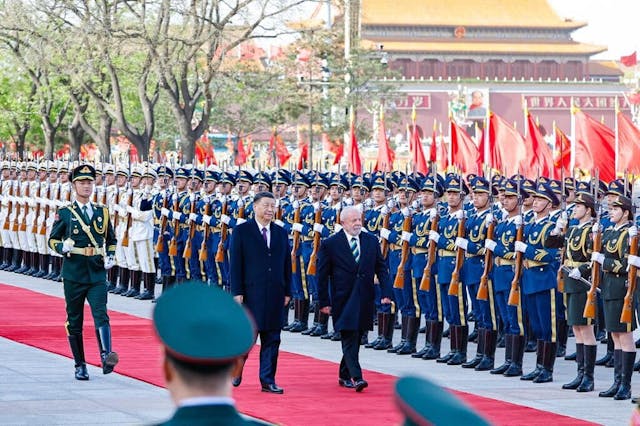
中德沒有外交突破
4月14日,中國外交部長秦剛會見德國外長貝爾博克。貝爾博克表達了德國對中國威脅對台灣使用武力的擔憂,同時堅稱德國奉行「一個中國」政策。她說,台海兩岸的軍事緊張升級是「可怕的局面」。 秦剛重申,台灣有一些人在進行分裂活動,這是導致當前局勢緊張的原因。貝爾博克對秦剛說,中國應該呼籲俄羅斯停止對烏克蘭的戰爭。秦剛回答說,解決烏克蘭問題需要勸和促談。貝爾博克還質疑中國的人權狀況,指公民社會受到遏制。秦剛則回答,中國不需要西方老師,每個國家都有自己的文化和歷史國情。
貝爾博克堅定的立場似乎引來了秦剛同樣強硬的回應──雙方都沒有任何外交上的突破。
實現俄烏戰爭停火的可能?
分析地看,中國的強勢外交既有支持者也有反對者。嚴格來說,它的支持者包括馬克龍和盧拉,尤其是馬克龍,他呼籲歐洲在戰略上獨立於其他國家,尤其是美國的影響。馬克龍奉行獨立的外交政策讓人想起戴高樂將軍。對馬克龍來說,法國應該遠離冷戰的兩個集團,因此馬克龍的地緣政治取向與習近平的有很多共同之處,儘管中國的批評者堅持認為,北京更接近莫斯科而不是採取「中立」的立場。
儘管如此,習近平與馬克龍在廣州的會面,證實了中法討論和探索政治解決方案,以實現俄烏戰爭停火的可能性。馮德萊恩也表示,接受中國主張在俄烏衝突中避免使用核武器的原則。最終,至少法國和歐盟現在意識到了中國在俄烏戰爭問題上立場進步的方面。
與法國一樣,巴西似乎對中國採取了更加「獨立」的外交政策,而不是完全站在美國一邊。當然,經濟實用主義似乎影響了當前的巴中關係。 話雖如此,中國的經濟和科技崛起贏得了盧拉的尊重,他對中國的態度,無疑有利於未來幾年中巴關係更加友好和有成效。
然而,貝爾博克與秦剛之間的不愉快會面,一方面說明了西方主流價值觀與中國社會政治價值觀的衝突。彼此無法說服對方,表明政治文明的衝突仍在繼續。
總而言之,過去一周見證了中國的外交自信,中國在俄烏衝突中的相對中立得到法國的支持,並在一定程度上得到巴西的支持。最重要的是,中國和法國現在很可能會探討政治解決方案的細節,這至少可能為俄烏衝突帶來停火。然而,歐盟有多個對中國和烏克蘭外交政策各不相同的國家,但法國作為最獨立的成員排眾而出,主張在任何超級大國或任何集團的影響範圍之外,建立一個更加獨立的歐洲。因此,儘管德國目前站在以美國為首的集團一邊,但法國強調戰略上自主的歐洲,可能會讓一些歐洲國家幡然醒悟。也許俄烏戰爭的國際政治終於出現了一線希望,即法國和中國現在處於有利地位,可以在未來幾個月內探討可能解決俄烏衝突的細節。
China’s Assertive Diplomacy in Full Swing: A Silver Lining in the Russo-Ukrainian War?
The past week witnessed the full swing of China’s assertive diplomacy, with the Chinese President Xi Jinping meeting the European Commission President Ursula von der Leyen, the French President Emmanuel Macron, and Brazilian President Lula da Silva, while Foreign Minister Qin Gang met his German counterpart Annalena Baerbock.
On April 6, President Xi Jinping met Ursula von der Leyen at the Great Hall of the People, saying that China regards the European Union (EU) as a strategic force in international politics, and that China is keen to work with the EU to enhance strategic mutual trust and cooperation, minimize misunderstanding, and promote the development of Sino-EU relations.
Xi said that China opposed military aggression and hegemony – a remark implying the relatively neutral position of the People’s Republic of China (PRC) on the Russo-Ukrainian conflict although critics said Beijing has been “biased” in favour of Russia.
Ursula emphasized in her talks that she stood behind Ukrainian President Volodymyr Zelensky’s peace plan, and that she welcomed China’s principles of solving the Russo-Ukrainian war, especially the call for nuclear safety and risk reduction. She called for China not to provide any military equipment, directly or indirectly, to Russia.
In response, President Xi remarked that he is willing to speak to Zelensky when the time and condition are ripe.
On the Taiwan issue, President Xi reiterated that it is at the core of China’s core interests, and that the Chinese people will not stand for anyone who try to “take advantage of the question.” He added: “If anyone expects China to compromise and concede on the Taiwan question, they are having a pipe dream and would shoot themselves in the foot.”
Ursula von der Leyen said that the EU has no intention of altering its long-standing one-China policy, and that it hopes for peace and stability to be maintained across the Taiwan Strait. She reiterated that the EU has no intention to change its long-standing one-China policy, that it recognizes the government of the People’s Republic of China as the sole legal government representing the whole of China, and that it hopes peace and stability will be maintained across the Taiwan Strait.
On April 6, President Xi Jinping also met French President Emmanuel Macron. Xi told Macron that the French President was the first European head of state he received after the two sessions. The two leaders agreed that China and France should maintain a stable comprehensive strategic partnership that is mutually beneficial, dynamic, and injecting vitality into the Sino-European relations.
Both China and France signed a series of cooperative agreements, including aviation, aerospace, civilian nuclear energy, green development, technological innovation, the construction of a Sino-French carbon neutrality centre, the mutual training of talents, and the enhancement of people-to-people exchange in the aspects of culture, education language, publication, tourism, film industry, youth, and sports.
Geopolitically, both China and France vow to support a multipolar world and greater democracy in international relations, oppose Cold War mentality and bloc confrontation, hold a UN Ocean Conference in 2025, and to embrace France’s participation at the third Belt and Road Forum for International Cooperation.
President Xi also held a trilateral meeting with Macron and Ursula von der Leyen. The Chinese President said that China often views Europe as having an independent role in the multipolar world, that China supports Europe in achieving strategic autonomy, that Sino-European relationship is neither the target nor under the influence of any third party. By implication, President Xi tended to support France’s more independent foreign policy and to woo the EU side to be more “independent.”
President Xi appeared to embrace Macron’s visit as of high significance. He held an informal meeting with Macron in Guangzhou on April 7. President Xi said that Guangzhou was the cradle of China’s democratic revolution and the vanguard of the PRC’s open-door policy. He elaborated on the Chinese-style modernization in which Guangzhou plays an active role in the development of the Guangdong-Hong Kong-Macau Greater Bay Area – an area that President Xi toured shortly after his informal meeting with Macron.
The most important part of Xi’s informal discussion with Macron was the topic of the Russo-Ukrainian conflict. President Xi said that an early ceasefire will serve the interests of all parties concerned and the entire world, and that a political settlement is the way out of the current impasse. As such, all relevant parties should work in the same direction to create an enabling environment for a political settlement. President Xi added that China welcomes France’s concrete proposals for a political solution to the Ukrainian issue.
In response, Macron said that a political settlement will need to consider the legitimate concerns of all parties, and that France is ready to communicate and cooperate with China to facilitate an early political settlement of the crisis.
Obviously, the Xi-Macron meeting in Guangzhou was diplomatically significant as both leaders agree to explore the possibility of finding and reaching a political settlement, details of which will likely be hammered out by both sides under the principles of mutual communication and cooperation.
On April 14, President Xi held talks with Brazilian President Lula da Silva in Beijing, pointing out that the two countries are the biggest markets in the Eastern and Western hemispheres respectively. Moreover, China and Brazil share the common interests of creating a new future for their bilateral relationships.
Both sides reached a Joint Declaration on how to deepen strategic partnership, including mutual discussion on how to enhance agricultural trade and farm products, how to invest in and improve infrastructure and port facilities, how to enhance aviation cooperation, how to develop joint investment in enterprises and information technology, how to sustain monetary and financial development, and how to explore the mutual development of innovation technology, the digital and low carbon economy, and e-commerce and ecological innovation.
Most importantly, the Sino-Brazilian trade will use the currencies of the two countries, rather than US dollars, in their transactions – a step away from the monetary dependence on US dollars.
In terms of regional organizations, President Xi pledged China’s support for the Latin American and Caribbean (LAC) countries to consolidate peace, stability, independence, regional integration and to play a more active role in international affairs. China will also work with Brazil to ensure the success of China-CELAC Forum, to practice multilateralism, to advocate the common values of humanity, just and equitable international governance, and to build up a shared future for the mankind.
President Lula said he was honoured to bring a large delegation on his fourth visit to China – a demonstration of his commitment to maintaining harmonious and productive Brazilian-Chinese relations. He expressed his appreciation of China’s rapid 5G progress and believed that China can contribute to Brazil’s continuous industrialization and poverty alleviation. Both sides upheld multilateralism, international equity and justice, responses to climate change, and the need for balanced development.
On the Ukrainian crisis, both sides agreed that dialogue and negotiation would be necessary conditions leading to a peaceful settlement.
On April 14, PRC Foreign Minister Qin Gang met German Foreign Minister Annalena Baerbock. Baerbock expressed the German concern about the PRC’s threat of using force against Taiwan, while maintaining that Germany adopts a one-China policy. She said that military escalation across the Taiwan Strait is “a horrible situation.” Qin Gang reiterated that Taiwan has some people who are conducting separatist activities – a cause leading to current tensions. Baerbock engaged Qin Gang by saying that China should appeal to Russia to stop the war against Ukraine, but Qin Gang replied that solving the Ukrainian issue needs to advocate and promote peace talks. Baerbock also questioned China’s human rights condition as its civil society has been curbed, but Qin Gang replied that China does not need a teacher from the West and that every state has its own cultural and historical circumstances.
Baerbock’s firm position appeared to elicit an equally assertive response from Qin Gang – both sides without any breakthrough and diplomatic relations.
Analytically speaking, China’s assertive diplomacy has met its supporters and opponents. Strictly speaking, its supporters include Macron and Lula, especially Marcon who calls for European to adopt its strategic autonomy away from the influence of other countries, notably the US. Macron’s adoption of an independent French foreign policy is reminiscent of General Charles de Gaulle. France, to Macron, should stand away from the two blocs of the Cold War, and as such Macron’s geopolitical orientation has much in common with Xi Jinping’s, albeit critics of the PRC have maintained that Beijing is closer to Moscow rather than adopting an “autonomous” position.
Still, the Xi-Macron meeting in Guangzhou affirmed a likelihood f developing Sino-French discussion and exploration of a political settlement leading to a ceasefire in the Russo-Ukrainian war. Even Ursula von der Leyen pointed to the acceptance of China’s principle of advocating the avoidance in the usage of nuclear weapons in the Russo-Ukrainian conflicts. Eventually, at least France and EU are now realizing the progressive aspects of China’s position on the Russo-Ukrainian war.
As with France, Brazil has appeared to adopt a more “independent” foreign policy toward China without siding with the US totally. Of course, economic pragmatism has seemed to shape the ongoing Brazilian-Chinese relations. Having said that, the economic and technological rise of China has gained the respect of Lula, whose attitude toward the PRC is undoubtedly conducive to a more friendly and productive Sino-Brazilian relationship in the coming years.
The sour meeting between Annalena Baerbock and Qin Gang, however, illustrated the clash of mainstream Western values on the one hand and the Chinese socio-political values on the other. Both sides could not convince each other, signalling an ongoing clash of political civilizations.
In conclusion, the past week has witnessed China’s diplomatic assertiveness in which its relative neutrality in the Russo-Ukrainian conflict has got the support from France and, to a minor extent, Brazil. Most importantly, it is very likely that China and France can now explore the details of a political settlement that may bring about at least a ceasefire in the Russo-Ukrainian conflicts. The EU, however, contains various countries whose foreign policy toward China and the Ukrainian issue varies from one to another, but France stands out as the most independent actor advocating a more independent Europe outside the sphere of influence of any superpower or any bloc. As such, France’s emphasis on a strategically autonomous Europe can be a rude awakening to some European states, even though Germany is currently on the side of the US-led bloc. Perhaps a silver lining has eventually come out in the international politics of the Russo-Ukrainian war, namely France and China are now well positioned to explore the details of a possible settlement to the Russo-Ukrainian conflicts in the coming months.
原刊於澳門新聞通訊社(MNA)網站,本社獲作者授權轉載。原文網址:https://www.macaubusiness.com/opinion-chinas-assertive-diplomacy-in-full-swing-a-silver-lining-in-the-russo-ukrainian-war/

